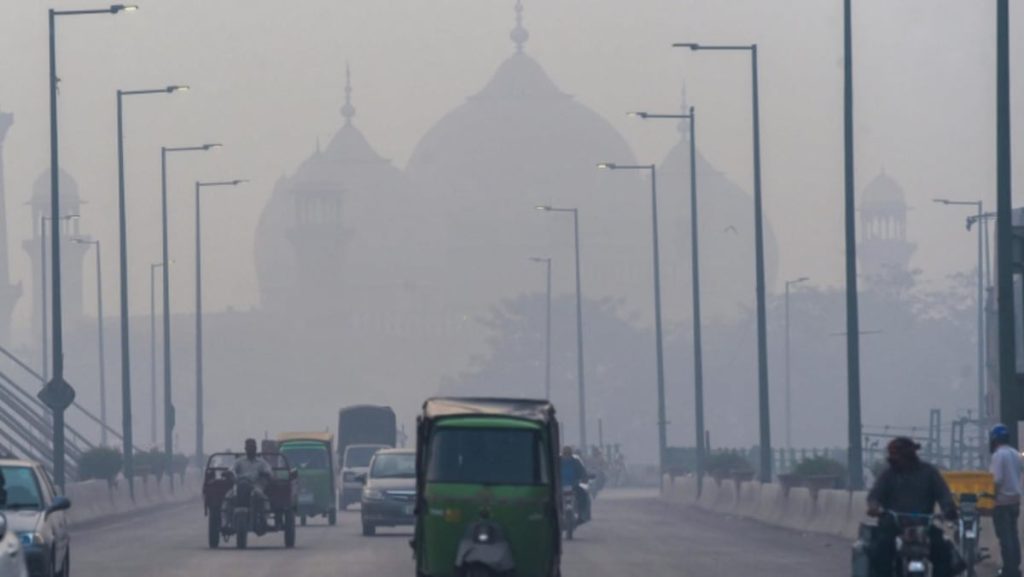A new report released on August 28, 2022, revealed a surprising improvement in air quality in South Asia, leading to a decline in global pollution levels. However, the region still remains home to the most polluted air in the world, resulting in residents losing more than 3.5 years of life expectancy on average. The annual Air Quality Life Index (AQLI) warned that most countries globally either have no pollution standards or are failing to meet the standards that they have set, exposing their citizens to health problems caused by poor air quality.
Although air pollution has been on the rise in South Asia for the past two decades, satellite data for 2022 showed an unexpected 18% decrease in pollution levels. This decline was observed in every country in the region except Sri Lanka. The University of Chicago’s Energy Policy Institute (EPIC) produced the report, suggesting that favorable weather conditions may have played a role in reducing PM2.5 levels, tiny particulates that can have harmful effects on health. The widespread nature of the decline, combined with above-average rainfall in the region, supports this theory.
The report emphasized the need for continued monitoring, policy enforcement, and evaluation of the impacts of interventions to sustain the reduction in air pollution levels in South Asia. While it is still uncertain whether policy changes have contributed to the improvement, the report highlighted that people in South Asia are still breathing air that is eight times more polluted than the World Health Organization’s safety standards. The report called for ongoing efforts to understand and maintain the reductions in pollution levels in the region.
The decrease in air pollution in South Asia led to a nine percent drop in global pollution levels; however, poor air quality spiked in other regions such as the Middle East and North Africa, where concentrations of pollutants increased by 13% compared to the previous year. Despite the global decrease in pollution levels, many regions continue to struggle with high levels of air pollution, posing significant health risks to their populations. The report underscored the importance of addressing air quality issues through effective policies, enforcement, and monitoring to protect public health and improve overall well-being. Continued efforts are needed to ensure sustainable reductions in air pollution levels worldwide.
Overall, the surprising improvement in air quality in South Asia in 2022 had a positive impact on global pollution levels, leading to a decline in concentrations of harmful pollutants. While the region continues to face challenges related to poor air quality, the report highlighted the potential role of favorable weather conditions in reducing pollution levels. Ongoing monitoring, policy enforcement, and evaluation of interventions are crucial to sustaining reductions in air pollution and protecting public health. Despite the progress made in South Asia, many regions still struggle with high levels of pollution, underscoring the need for concerted efforts to address air quality issues globally.


